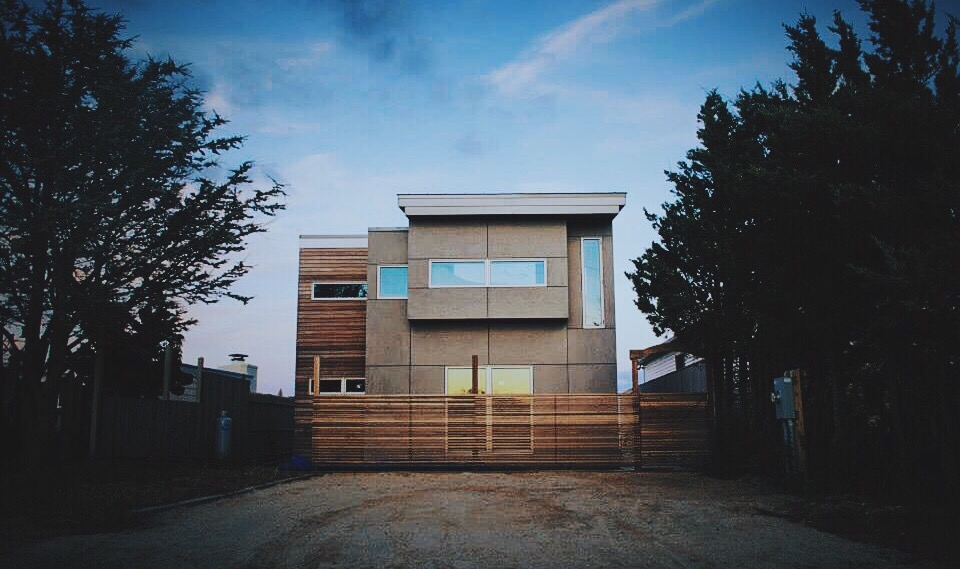David Simon knows his city. Most intimately, he knows its wounds, its brokenness, its painful groans. Simon is the creator of the highly lauded television sitcom “The Wire”—a gritty, true-to-life look into the criminal underground and justice system of a city that Simon calls home, Baltimore, MD.
Addressing the same themes that his show masterfully illustrates, Simon recently delivered a more outspoken critique of a society that he finds broken and dysfunctional. “America is a country that is now utterly divided when it comes to its society, its economy, its politics.” He clearly echoes Charles Murray’s basic thesis in “Coming Apart.”
Yet, while Murray adheres to libertarianism (which Simon cannot believe “is actually being taken seriously as an intelligent mode of political thought”), Simon pleads for a return to socialist impulses, which he says were embodied by the “triumphs” of the New Deal, the Great Society and collective bargaining. Today, he claims, “we have become something other than what we claim for the American dream and all because of our inability to basically share, to even contemplate a socialist impulse.”
“Socialism is a dirty word in my country,” Simon begrudges. According to him, that needs to change.
All this being said, Simon still says he is “utterly committed to the idea that capitalism has to be the way we generate mass wealth in the coming century.” But, he argues that it has become divorced from the “social compact.” “Capitalism…[is] not a blueprint for how to build [a] just society,” he contends. That may be true, but what is the proper prescription? For Simon, it’s a substantial dose of socialism.
“We [must] take stock of the fact that maybe socialism and the socialist impulse has to be addressed again; it has to be married as it was married in the 1930s, the 1940s and even into the 1950s, to the engine that is capitalism.” Channeling his inner Obama, Simon cries, “Are we all in this together or are we all not?”
At several points, Simon cites Karl Marx (though adamantly denying the label “Marxist”), noting that:
Marx was a much better diagnostician than he was a clinician. He was good at figuring out what was wrong or what could be wrong with capitalism if it wasn’t attended to and much less credible when it comes to how you might solve that.
Ultimately, Simon falls victim to the same deficiency he sees in Marx.
Without a doubt, American society is broken. Something that once bound the country together has come apart. Simon believes that something is socialism—government intervention that tempers the excesses of capitalism. I disagree. What is missing is society—true, organic, intimate society, for which a clumsy, impersonal government imitation is no replacement.
[pullquote] What is missing is true, intimate society, for which a clumsy, impersonal government imitation is no replacement.[/pullquote]
And the New Deal and Great Society initiatives that Simon applauds did more to further disintegrate society than save it. The “War on Poverty” failed. As William McGurn of the New York Post reports, “‘The problem facing Appalachia today isn’t Third World poverty…, it’s dependence on government assistance.’” Today, we are left mired in debt and more broken than before. No government program is going to fix what is wrong with America. Welfare checks and food stamps only further marginalize demographics that are barely holding on to the rest of America as it is.
Sorry Mr. Simon, these people don’t need more government. They need authentic human relationship. They need community. They need loving families. In short, they need actual, healthy society. The ails that Baltimore and cities across America face are real—those of you who have watched “The Wire” might know this especially. With that in mind, we must address them with real solutions that effectively attack the root of the problem.
I encourage you to read the last chapter of “Coming Apart” where Murray offers an alternative. He encourages each of us “to lead a textured life, and to be in the midst of others who are leading textured lives.” We must remember what American life historically was and what it still can be: “a different way for people to live together, unique among the nations of the earth, and immeasurably precious.”
We can do far better than socialism. Let’s do.



